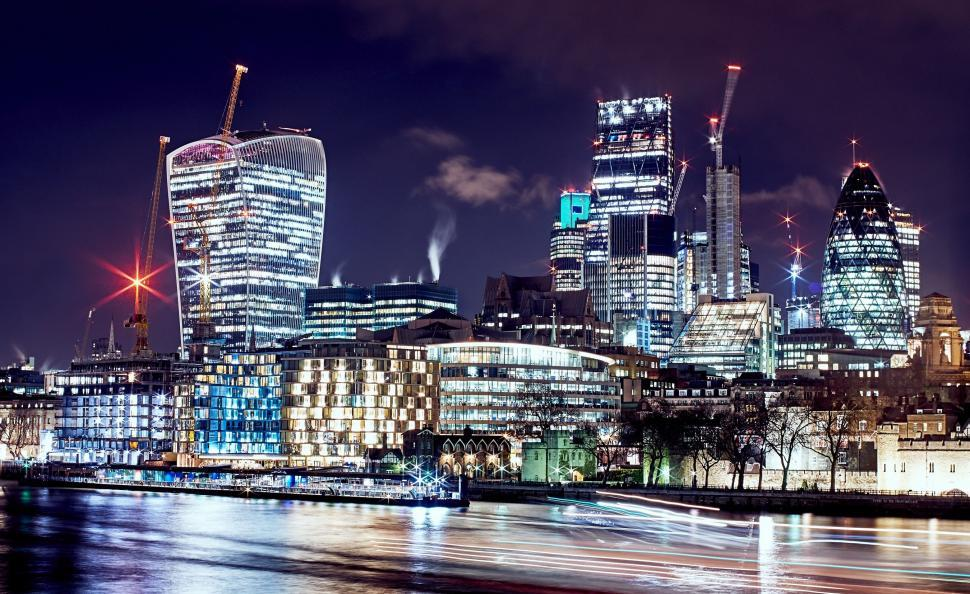UK Business Confidence Plummets
- Sam R. Taylor

- Jan 13, 2025
- 2 min read
The decrease in confidence among business leaders is putting Chancellor Rachel Reeves in a difficult position. Deloitte found that the optimism level among UK CFOs is at its lowest point in two years, with a net 26% being more pessimistic about their company's prospects than three months ago. For the first time since the second quarter of 2023, mood has turned negative.

Following the government's £25 billion hike in employer national insurance contributions, the poll shows that companies are preparing to cut costs. Among the proposed actions are cuts to discretionary and capital expenditures as well as a significant decrease in hiring, marking the most precipitous drop in employment projections since the pandemic.
These events have prompted Chancellor Reeves to convene a meeting of influential regulators, including the FCA and the CMA, in an effort to persuade them to do away with precautionary regulations that are stifling economic expansion. To encourage expansion, she has asked these authorities to propose measures to loosen restrictions and welcome new competitors.
But with the domestic market in a state of flux, Reeves's recent trip to China has drawn criticism. Mel Stride, the Shadow Chancellor, criticized the trip, calling it "tone deaf," and arguing that Reeves ought to have stayed in the UK to calm markets and cope with increasing government borrowing costs.
In spite of all of this, Prime Minister Sir Keir Starmer is still very bullish on the government's growth-inducing fiscal approach and reforms. He has pledged to make the United Kingdom an attractive location for AI companies by removing planning constraints and creating "AI growth zones" to foster an environment conducive to AI development.
Restoring optimism among business leaders is no easy task, especially in light of the fact that the UK government is aggressively pursuing measures to increase economic development while facing substantial challenges from falling corporate confidence and external critics.




